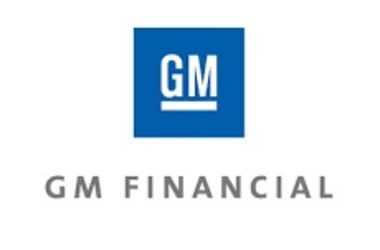
The auto lender will work with Spring Labs as it develops its blockchain products under the Spring Founding Industry Partners program. Initiative for the first of those products are expected to start in the first half 2019.
Spring Labs CEO Adam Jiwan told Forbes “We came together with the view that we could develop a series of use cases that would match some of [GM Financial’s] core business priorities as a lender, or potentially [those of] GM as a parent company.”
This is not GM’s first blockchain foray: it joined Hyperledger in late 2017, a group which works to develop open source blockchain technologies for companies including IBM, J.P. Morgan and FedEx.
The partnership with Spring Labs was natural fit for GM, according to its Chief Financial Strategy Officer Mike Kanarios as GM continues to make deepen involvement with blockchain technology.
Kanarios said “We believe that they have the most momentum in this space.”
The start-up is developing a protocol to allow companies to safely share and validate sensitive information, like a customer credit history. Jiwan says that this can assist lending and non-lending institutions to share customer identity information without compromising customer confidentiality, making it easier to identify fraudulent actors for everyone.
Kanarios believes that the protocol of Spring Labs could help GM Fight the fraud of synthetic identity, which happens when a fraudster uses real and fake identifications to create a new identity and to make purchases. Fraud like that cost GM Financial millions of dollars a year in both inventory losses and prevention costs and, according to Kanarios, an identity verification program based on blockchain might be “better, faster and more cost-effective” than the existing lender processes.
Though GM Financial and other automotive lenders have a particularly difficult problem of synthetic identity fraud as a result of the cost of a lost product – an SUV that can be bought fraudulently by a dealer could not be recovered, for example – Kanaaros says that a blockchain case like this could work for lenders in a varying range of industries.
In the automotive industry, however, the implications of the protocol can go beyond lending. Jiwans imagines future use cases for common vehicle contracts, such as blockchain-based registries and payments systems. David Treat, a managing director and global blockchain leader at Accenture, says that blockchain uses can be more efficient, safer and more effective than any other activity in the auto industry, from insurance, traffic control and urban planning, to automobiles and cars.
Treat commented
“All three of those outcomes are hugely benefited by the right kinds of shared data.”
Like Accenture, GM is a member of the MOBI, a group devoted to the exploration of applications such as these for the blockchain. Also members are BMW, Ford and Renault Group. However, major obstacles remain before blockchain becomes the norm for any industry: companies have to understand how the new technology can be implemented on a huge scale, comply with existing standards and maintain customer privacy.
Moreover, a blockchain-based solution does not always meet the needs of every firm. But the capacity is too great to ignore for Kanarios.
Kanarios further said “Of course there are…challenges with it, but it’s one of those things that we wanted to get involved in to make sure that we took advantage of the technology.”